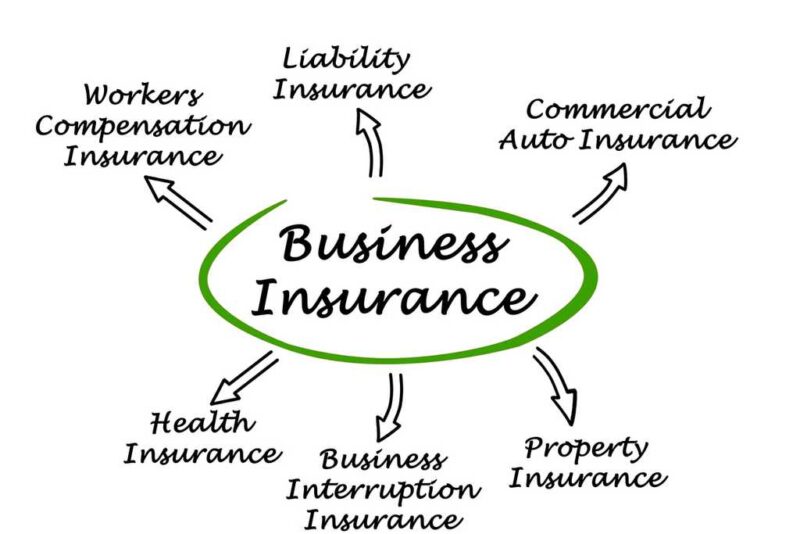Businesses need the safety that business coverage gives to prevent unanticipated financial losses. It consists of more than a few coverage alternatives, consisting of liability, property, and employee repayment coverage, which can be customized to the wishes of specific industries. Commercial insurance is crucial to reduce risks and ensure continuity in the face of unanticipated catastrophes, regardless of how massive or small your commercial enterprise is. By investing in comprehensive San Antonio commercial insurance, businesses can concentrate on the growth and success of their business.
Factors To Consider Before Choosing Commercial Insurance
Selecting the correct industrial insurance in your business enterprise is a crucial choice that can have a massive impact on your finances and how matters run. Because it protects against a wide range of hazards, such as liability claims and asset damage, San Antonio commercial insurance may also save the day in the event of unforeseen circumstances. Before choosing a coverage that suits their requirements and desires, organization proprietors have to cautiously examine several components to make a knowledgeable choice. Here are some vital considerations while deciding on industrial insurance.
Business Type
The type of coverage coverage you require significantly depends on the character of your employer. For example, a manufacturing enterprise ought to want product liability insurance, but a retail status quo might place extra emphasis on coverage against theft or belongings damage. To pick the proper San Antonio commercial insurance coverage, it’s very critical to recognize the precise risks that your sector gives.

Legal prerequisites
Various insurance coverages may be required by law, depending on your area and the sort of business you run. Depending on your area and sector, you may be required by law to have a specific sort of insurance. For instance, most jurisdictions require workers’ compensation coverage. Law enforcement fines, penalties, or even legal action may be imposed for breaking the law.
Risk Evaluation
To find possible risks and weaknesses in your company, do a thorough risk assessment. Think about the possibility and possible effects of different hazards, such as theft, natural catastrophes, and liability claims. You can prioritize the types of San Antonio Commercial insurance coverage you require with the aid of this evaluation.
Coverage Types
San Antonio commercial insurance plans come in a variety of forms, such as general liability, property insurance, professional liability, and others. It’s critical to comprehend what each sort of coverage entails and whether it corresponds with the particular dangers that your company encounters.
Policy Deductibles and Limits
The maximum sum that an insurer will provide for a covered claim is referred to as the policy’s limits. The amount the insured must pay out of pocket before the insurance takes effect is known as the deductible. To secure comprehensive coverage without going overboard with your budget, it’s critical to strike the correct balance between policy limits and deductibles.
Status of Insurance Providers
Pick an insurance company with a strong track record of dependability, client satisfaction, and prompt claims processing. To make sure the insurance can complete its commitments, read reviews, ask other company owners for advice, and investigate the insurer’s financial viability.
Additional Options for Coverage
Investigate supplementary coverage alternatives that might offer further protection for particular hazards, such as endorsements or umbrella insurance. If a catastrophic incident or unusual liability exposure occurs, these supplementary policies may prove to be of great value.
Conclusion
Business risk management strategies depend on commercial insurance. By protecting individuals from monetary losses brought on by unanticipated occurrences, it offers stability and peace of mind. San Antonio Commercial insurance is a crucial investment for the long-term survival of any organization, whether it’s for defending against property damage, liability claims, or business disruptions.
